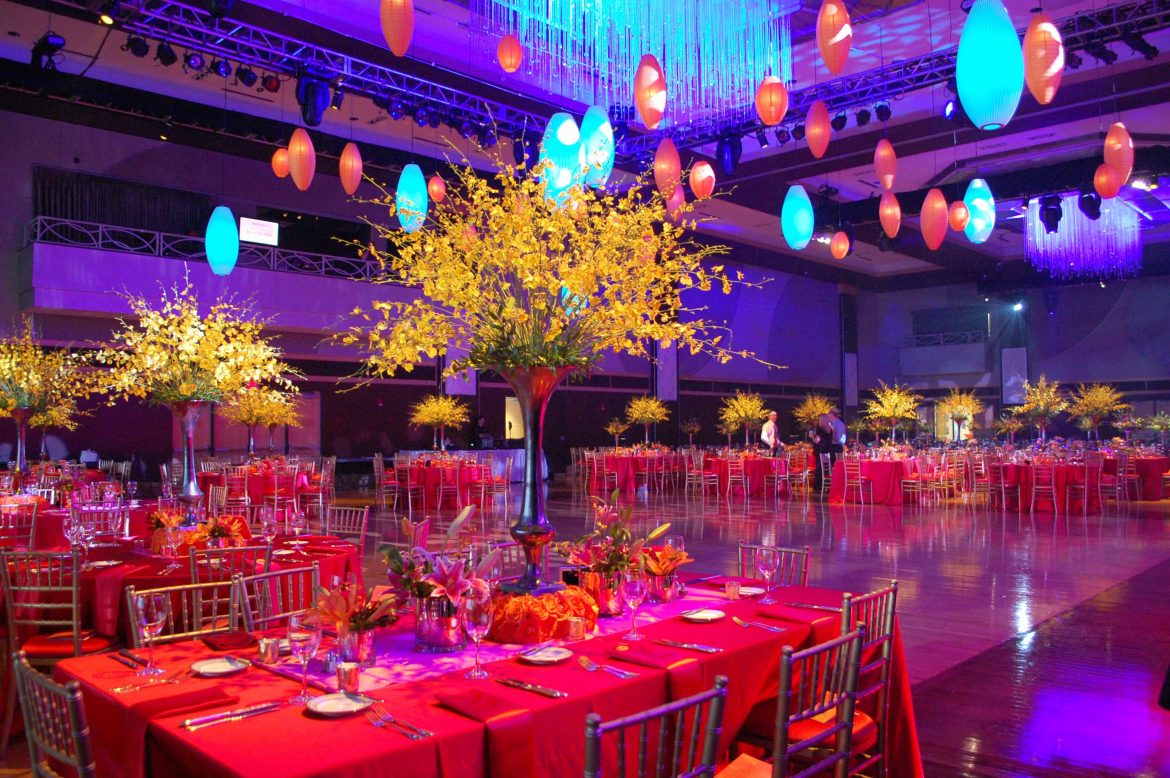HOW TO START AN EVENT PLANNING BUSINESS
Despite the present economic recession, there are still businesses that can turn tides around for an entrepreneurial mind with less capital and challenges. One of such is Event Planning industry which is becoming a money spinner in Nigeria. Studies have shown that the profit margin can be in the range of 50 percent, but the beauty of it however is that you can actually start from home, thereby eliminating cost of renting offices.
Many Event Planners actually start from home because working from home can be a great model for setting up an event planning business as it keeps overheads down in those critical early stages, this will also enable the profit to increase.
Definition
Generally speaking, special events occur for the following purposes: Celebrations (fairs, parades, weddings, reunions, birthdays, anniversaries)
•Education (conferences, meetings, graduations) Promotions (product launches, political rallies, fashion shows) Commemorations (memorials, civic events)
This list isn’t an exhaustive one, but as the examples illustrate, special events may be business related, purely social or somewhere in between
•Planners of an event may handle any or all of the following tasks related to that event:Conducting research creating an event design
•Finding a site. Arranging for food, decor and entertainment. It also involves Planning transportation to and from the event, sending invitations to attendees, arranging any necessary accommodations for attendees, coordinating the activities of event personnel and supervising at the site as well as conducting evaluations of the event
How many of these activities your business engages in will depend on the size and type of a particular event, which will, in turn, depend on the specialisation you choose.
Why do people hire Event Planners?
This question has a simple answer: Individuals often find they lack the expertise and time to plan events themselves.
Independent planners can step in and give these special events the attention they deserve. As a general rule, social events involve more weekends and holidays than corporate events do. Some areas of the country and some types of events have “on” and “off” seasons.
However, no matter what your specialization (with the exception of parties for young children), you can count on working at least some evenings as you coordinate and supervise events. The planning of those events, however, will be done mostly during business hours.
Here are the main tasks you’ll be completing as an event planner:
1. Research.
The best way to reduce risk (whatever the kind) is to do your homework.
For large events, research may mean making sure there’s a demand for the event by conducting surveys, interviews or focus group research. If you’re new to the event planning industry, research may instead mean finding out all you can about vendors and suppliers.
Research also may mean talking to other planners who have produced events similar to the one on which you’re working. Or you may find yourself reading up on issues of custom and etiquette, especially if you’re unfamiliar with a particular type of event. Whatever kind of event you’re planning, research should include asking your client a lot of questions and writing down the answers.
Interviewing a client may not be what you immediately think of as research. However, asking too few questions, or not listening adequately to a client’s answers, can compromise the success of the event you plan.
2. Design.
Your creativity comes most into play in the design phase of event planning, during which you sketch out the overall “feel” and “look” of the event.
This is the time to brainstorm, either by yourself or with your employees. It’s also the time to pull out and look through your idea file. (You do have one, don’t you? If not, read on and take notes.) Don’t forget to consult your notebook for the client’s answers to the questions you asked in the research phase. These responses, especially the one regarding the event budget, will help you thoroughly check each idea for feasibility, preferably before suggesting it to the client.
3. Proposal.
Once you’ve interviewed the client and done some preliminary brainstorming, you should have enough information to prepare a proposal. Be aware that the production of a proposal is time-consuming and potentially expensive, especially if you include photographs or sketches. Note that only the larger companies producing high-end events can afford to provide clients with free proposals.
4. Organization.
During this decision-intensive phase, you’ll rent the site, hire vendors and take care of more details than you might believe possible. You’ll be on the phone until your ear is numb. But before you do any of this, make sure you have a contact person (either the client or someone acting on the client’s behalf) with whom you’ll discuss all major decisions.
Having a designated individual helps ensure that communication lines are kept open. Also, social events in particular sometimes suffer from the “too many cooks” syndrome. Having one designated contact helps you avoid being caught in the middle of disagreements between event participants.
5. Coordination.
After you’ve made the initial plans, turn your attention to each of the activities that form a part of the overall event. At this point, your goal is to ensure that everyone is on the same wavelength. Good communication skills are important. Make sure all vendors have at least a general idea of the overall event schedule. Even more important, vendors should be clear about what’s expected of them, and when. Vendor arrival times should appear in the contracts, but verify those times anyway.
This is a “check and recheck” period. Make sure all your staff members know their roles.
6. Evaluation.
The obvious, and in one sense the most important, test of an event’s success is customer satisfaction. The goal, of course, is to end up with a client who will sing your praises up and down the street, shouting it from rooftops. This is the client who will hire you again, and who will provide that famous word-of-mouth advertising for you.
However the following may give you the edge, in this line of business working from home.
Little capital
An Event Planner can work from almost anywhere if you have a laptop, internet and mobile phone. The most important here is the personality and the management skills. Starting out by working from home keeps costs lower as renting office space can be a huge cost even for a fledgling business and you may not wish to be tied into a long term rent contract from the outset.
Starting from home gives a new business the required edge during those teething period.
Less stress from transport
With the problem of bad roads and its attendants traffic gridlock, being on the road to work every day can be time consuming and stressful in terms of both time and travelling expenses, which invariably add to the overheads. By working from home you are not only potentially saving on your monthly travel outlay but you are probably removing the big city temptations of eating out in those eateries, which are so easy to fritter away money.
Workspace
Set up a specific workspace which can be your dedicated work area. Ideally have a room that you can close the door on at the end of the day, rather than being reminded about the mounds of paperwork on your desk and hearing the phone ring after hours!
You can design the space based on your work preferences. Perhaps you want to use a room with a view or perhaps staring at a brick wall would be better for your concentration. Think about what furniture you will need to work – desk, chair, phone, answer machine, shelves/filing cabinet, etc.
Source



